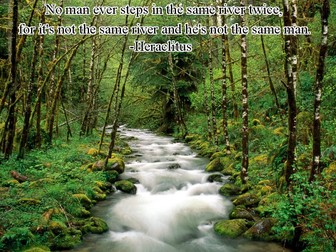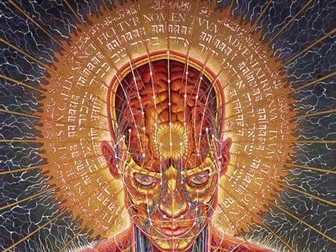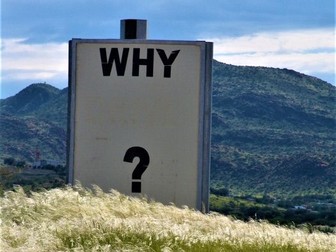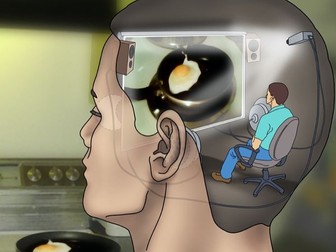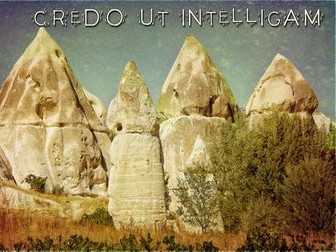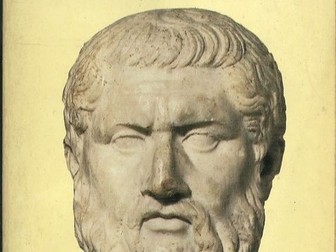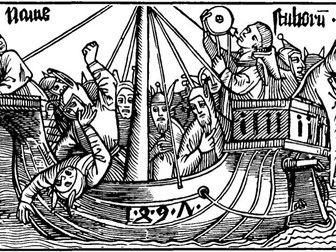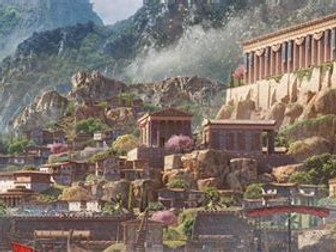The Self and the Other
62 Slides for IB DP Philosophy Core Theme Being Human on the topic of Self and the Other. Notes and tasks on the two broad Western approaches of essentialism and existentialism. Covers philosophers from Plato, Descartes, Locke, Hume, Kant, Kierkegaard, Nietzsche and Sartre. Also considers Eastern perspectives on the self, including Hinduism, Buddhism and Confucianism. This unit of work is based broadly on le Nezet et al’s textbook. Also be relevant for A level philosophy metaphysics.

